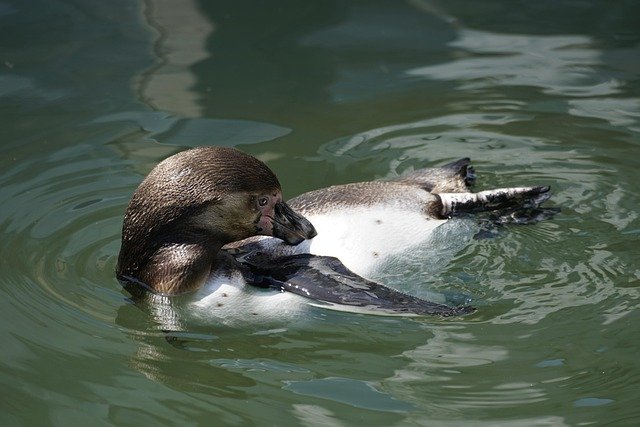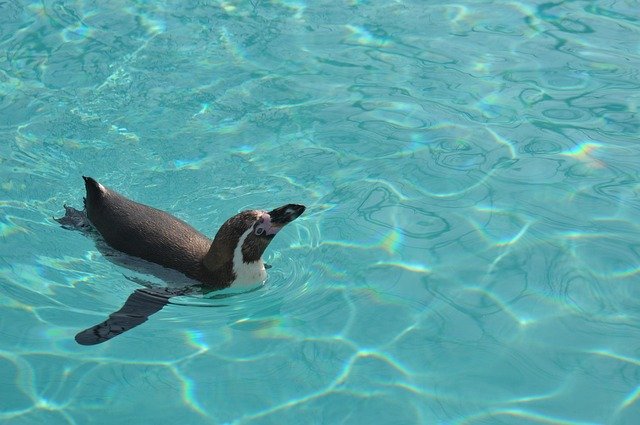**Title: "The Remarkable Resilience of Penguins: Adapting to a Changing Climate"

The Remarkable Resilience of Penguins: Adapting to a Changing Climate
As climate change continues to reshape our planet, one group of animals stands out for their remarkable ability to adapt: penguins. These beloved birds, known for their distinctive tuxedo-like appearance and charming waddles, have developed fascinating strategies to cope with the challenges posed by a warming world.
Understanding Penguin Habitats
Penguins primarily inhabit the Southern Hemisphere, with the majority found in Antarctica and its surrounding islands. Their habitats are characterized by extreme cold, ice, and oceanic conditions. However, as global temperatures rise, these environments are undergoing significant changes, impacting the availability of food and breeding grounds.
Adaptation Strategies
1. Changing Breeding Patterns
Many penguin species are adjusting their breeding timelines in response to shifting environmental conditions. For instance, some colonies are beginning to breed earlier in the season to align with the availability of food sources. This flexibility is crucial for ensuring the survival of their chicks during the critical early stages of life.
2. Dietary Shifts
As ocean temperatures rise, the distribution of krill and fish—the primary food sources for penguins—has changed. Penguins are showing adaptability by altering their foraging behaviors and diets. Some species are expanding their hunting ranges or diversifying their diets to include different types of prey, ensuring they can still find enough food to thrive.
3. Habitat Selection
With the melting ice and changing landscapes, penguins are exploring new habitats. Some species are moving to less traditional breeding sites that were previously unsuitable but have become more favorable due to climate changes. This migration highlights their resilience and ability to find new opportunities in a changing world.
Conservation Efforts
While penguins exhibit remarkable resilience, they still face numerous threats from climate change, including habitat loss, food scarcity, and increased competition. Conservation efforts are crucial to support these adaptations. Initiatives such as:
- Protected Marine Areas: Establishing marine reserves to safeguard critical feeding grounds.
- Climate Action: Advocating for global efforts to reduce greenhouse gas emissions.
- Research and Monitoring: Conducting ongoing studies to understand penguin populations and their responses to climate change.
Conclusion
The resilience of penguins in the face of climate change reminds us of the incredible adaptability of nature. While these birds are finding ways to survive, the urgency of addressing climate change cannot be overstated. By supporting conservation efforts and advocating for sustainable practices, we can help ensure that future generations will continue to marvel at the remarkable lives of penguins in the wild.
Join the Conversation
What are your thoughts on the adaptability of wildlife in the face of climate change? Share your ideas and experiences in the comments below! 🐧🌍

Upvoted! Thank you for supporting witness @jswit.